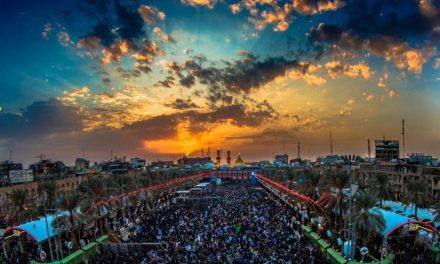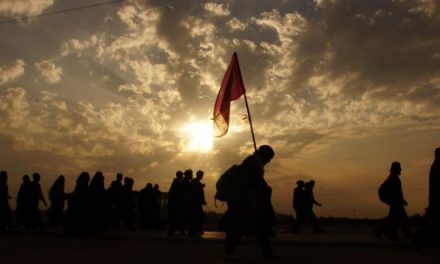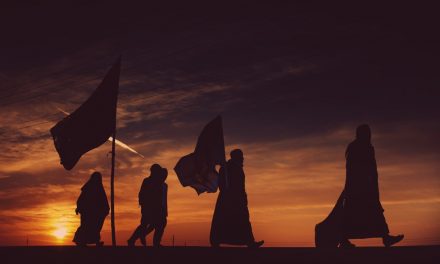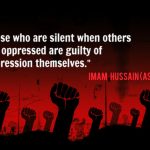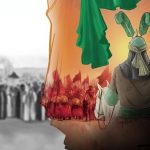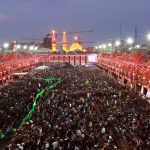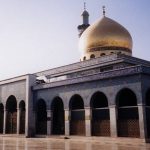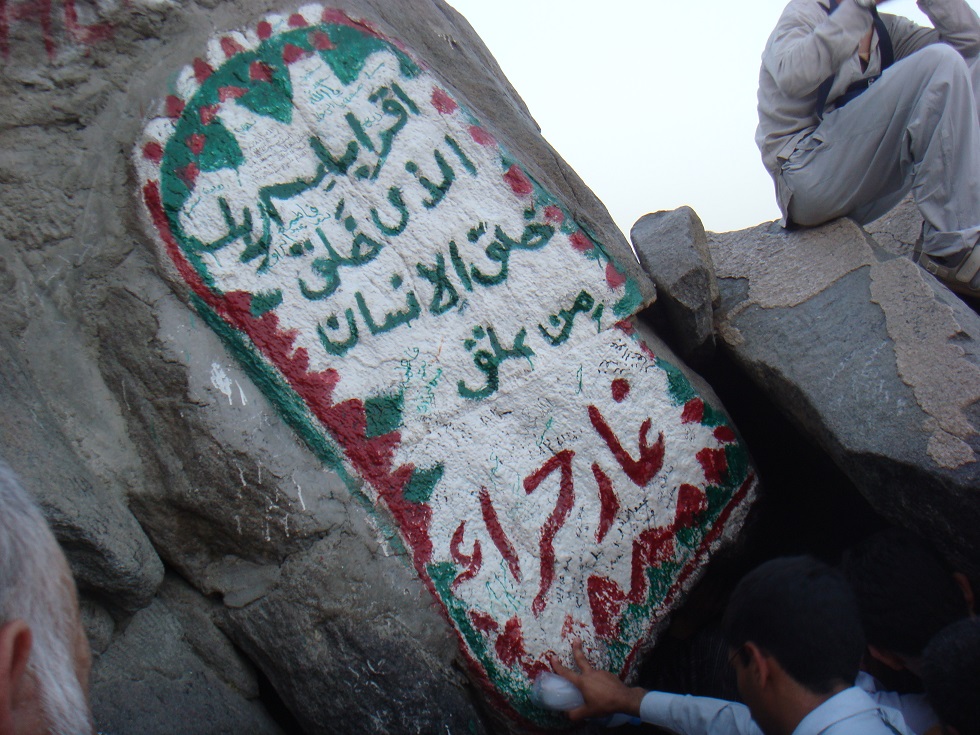
The anniversary of the beginning of the mission of the Prophet (PBUH) is among the celebrations of Shia Muslims and is known as Eid al-Mab’ath.
Millions of Muslims across the world celebrate Eid al-Mab’ath, the anniversary of the day Prophet Muhammad (PBUH) received his first revelation and was chosen as Allah’s final messenger.
To commemorate the revered occasion Muslims hold celebrations on the 27th of the month of Rajab on the Islamic lunar calendar.
Prior to his prophetic mission, Muhammad (PBUH) used to retreat to the Hira cave, located on Nour Mountain outside the holy city of Mecca, Saudi Arabia, spending many hours alone in prayer and reflecting on life.
He was especially concerned about social unrest, injustice, widespread discrimination, fighting among tribes and abuse of tribal authorities prevalent in pre-Islam Arabia.
Muhammad (PBUH) was nearly 40 on August 10, 610 CE when Angel Gabriel descended while he was on retreat and commanded him to recite the first lines of Surat al-Alaq, the 96th chapter of the Holy Qur’an.
The prophet was tasked with delivering the message of peace to humanity and declaring Allah’s Oneness to idolaters and polytheists of the world. He was sent to confirm the essential teachings of monotheism as preached by earlier prophets, including Adam, Abraham, Moses and Jesus.
Imam Ali’s (AS) Description of Arab Life before Islam
According to what is mentioned in Nahj al-balagha, Imam Ali (AS) described Arabs before the beginning of the Prophet’s (PBUH) mission as following:
“Verily, Allah sent Muhammad (PBUH) as a warner (against vice) for all the worlds and a trustee of His revelation, while you people of Arabia were following the worst religion and you resided among rough stones and venomous serpents. You drank dirty water and ate filthy food. You shed blood of each other and cared not for relationship. Idols were fixed among you and sins were clinging to you.”

